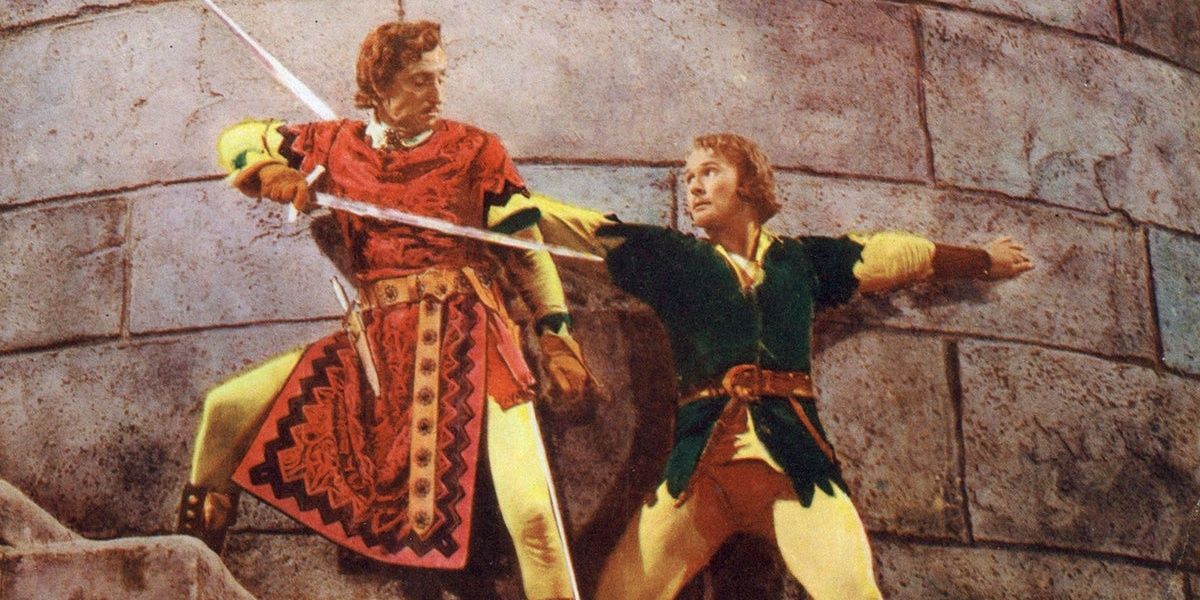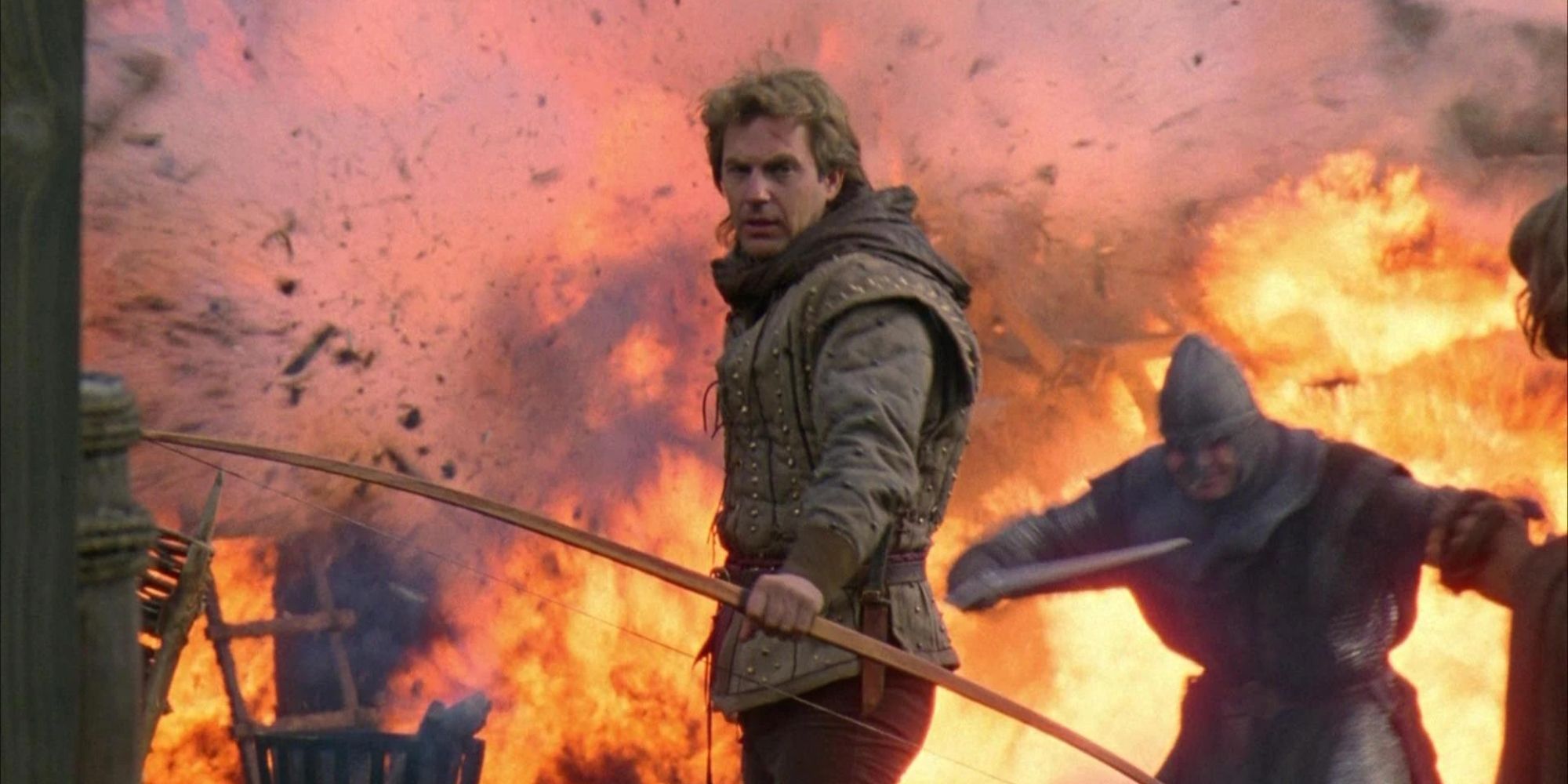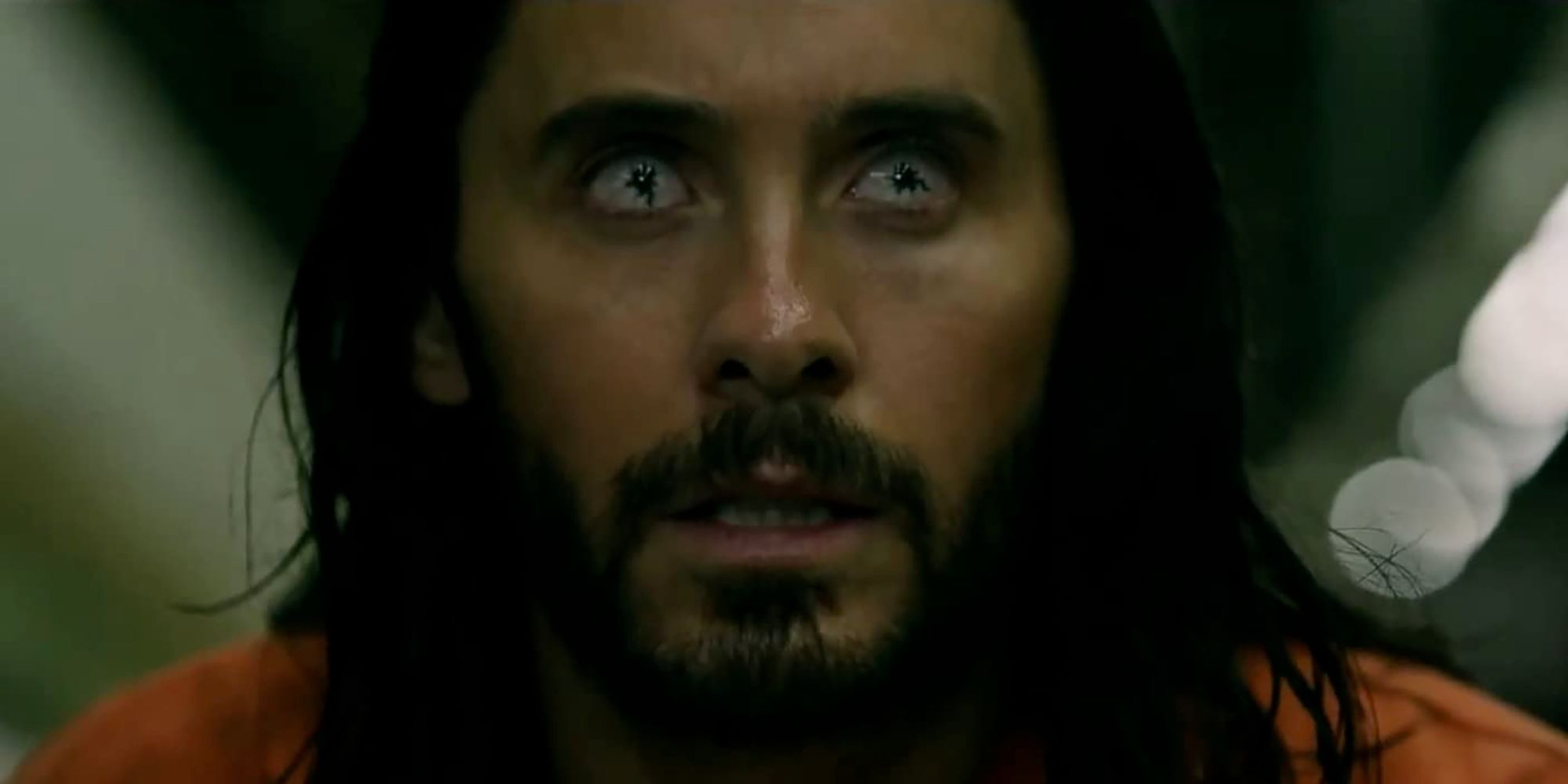
Inside Sony's Bold Experiment: The Hidden Cinematic Universe Post The Amazing Spider-Man

Sony's attempt to create a unique cinematic universe after The Amazing Spider-Man fell short, leaving fans disappointed and without any payoff
Sony Pictures Entertainment has faced significant challenges in the past decade, particularly in their live-action endeavors. While their animated projects have seen success, their attempts at franchises like Ghostbusters, Men in Black, and Resident Evil have encountered major obstacles. The primary issues lie in their overly ambitious goals and lack of patience. Their single-minded pursuit led them to even go after Robin Hood for their desired outcome.
However, Sony's mishandling of Spider-Man stands as the standout failure in recent years. The Amazing Spider-Man films came to an abrupt end due to the company's deal with Disney. Their ongoing Sony Spider-Man Universe has become synonymous with comedic disasters on the theatrical stage. While the SSU remains intact, it is primarily seen as a joke rather than a serious endeavor.
What was Hood?
Last year, there were three competing Pinocchio movies in production. The same situation occurred in 2015 with cinematic adaptations of Robin Hood, with Disney, Lionsgate, and Sony each having a Robin Hood script in pre-production at the same time. However, only one of the three movies made it to the screen. Lionsgate's Robin Hood, released in 2018, ended up losing over $80 million for the studio and received a 15% positive score on Rotten Tomatoes. Disney's Nottingham & Hood project seemed to have been canceled as there have been no public mentions of it since 2015. Similarly, Sony's Hood project also met an uncertain fate without much explanation. The writers behind the 2018 Robin Hood film believed that their movie would be bought and canceled by Sony to make way for the company's own big idea.
In October 2014, Sony announced that they were in talks to sign a seven-figure deal for Hood, a script written by Cory Goodman and Jeremy Lott. Goodman was best known for writing the 2011 horror/action film Priest, while Lott had some production experience on Spy Kids but had mostly unproduced credits. During the 2010s, Lott and Goodman had previously written a science fiction script called Lore, which had garnered interest from Warner Bros. and Dwayne Johnson, but ultimately went unproduced. Former MGM chairman Michael De Luca brought the Hood project to Sony and described it as a project comparable to the Fast and Furious saga or the Mission: Impossible franchise. However, it should be noted that Goodman and Lott didn't just sell Hood; they sold the entire Robin Hood Cinematic Universe.
What would've followed Sony's Hood?
How is Sony handling the cinematic universe gimmick today?
After Hood, an adaptation of an ancient tale by an untested screenwriter and the author of The Last Witch Hunter, Sony had ambitious plans. The studio intended to create individual films focusing on each of Robin Hood's merry men. First on the list was Little John, the towering second-in-command who would showcase his quarterstaff skills on the grand stage in his own movie. Next in line was Friar Tuck, the jolly member of the group who adds a sense of fun. And lastly, the remarkably skilled swordsman Will Scarlett would step up to the plate for his own blockbuster. These films would have to turn incredibly small details into compelling storylines, fleshing out the characters that had gone through countless interpretations. The Robin Hood Cinematic Universe faced significant challenges compared to other franchises in the genre, making failure almost inevitable. Perhaps, cancellation before the first film even released would have been the best outcome.
Was the idea of creating a Robin Hood Cinematic Universe a wise choice? Clearly not. However, it probably wouldn't have been any worse than the Sony Spider-Man Universe. At least a series of exhilarating action films centered around thieves in the forests of 13th-century England would have offered a refreshing change from the saturation of superhero movies. The only successful and dominant cinematic universe is Marvel's. Though it is starting to lose its luster, most studios are reluctant to attempt anything other than comic book adaptations. Sony's endeavors to create stand-alone movies about Spider-Man's villains have encountered numerous significant obstacles. Nevertheless, they persist, desperately striving to achieve what Marvel has accomplished, without demonstrating the same level of patience. Their desperation only intensifies the embarrassment with each new attempt. Perhaps if they had explored a different genre, their repeated failures could have been somewhat concealed.
Lessons can be drawn from Hood's failure, suggesting that not every story requires a shared universe. With the appropriate tone, writers, and directors, a sequence of Robin Hood movies had the potential for success. The eagerness of major studios is boundless; any character list is susceptible to elimination. Be prepared for the possibility of a Winnie the Pooh cinematic universe. Perhaps each individual child from Stand By Me could have their own individual project prior to a remake of the timeless classic. Fortunately, most instances are likely to be discarded and fade into obscurity, sparing audiences from the tedious task of enduring their initial full-length feature.
















